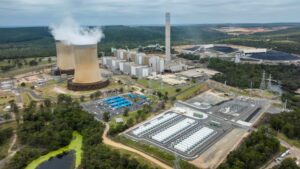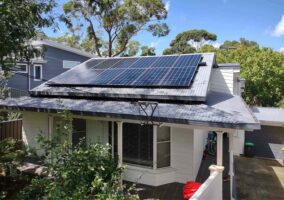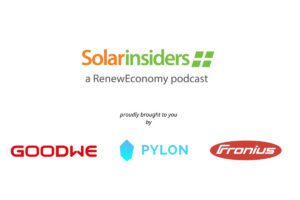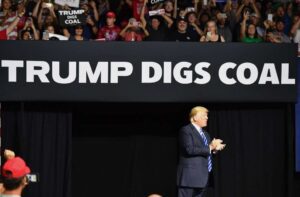The NSW government has announced a new pilot renewable gas certification scheme to allow households to voluntarily opt-in to buying gas produced from renewable and zero-emissions sources, which it hopes will encourage the uptake of gas produced from carbon-neutral sources.
The pilot scheme was unveiled by New South Wales energy minister Matt Kean on Tuesday, which will certify the sale of mains gas biomethane that has been produced from wastewater processing in an Australian first.
“Replacing natural gas with hydrogen or biomethane can help NSW industries meet their net-zero emissions targets, putting them ahead of the pack in low carbon global economy,” Kean said.
“Unlocking a renewable gas market will help our industrial and manufacturing sectors decarbonise by giving them more clean energy choices.”
The Renewable Gas Certification will be piloted at the Malabar Biomethane Injection Project (MBIP), which is using wastewater to produce biomethane to be injected into the mains gas network.
The facility is expected to produce enough biomethane to supply the equivalent of 6,300 homes.
“Here at Malabar, Sydney Water processes wastewater from 1.4 million households in Sydney. As part of the treatment process, Sydney Water produces biogas, which is about 60 per cent methane. A combustion engine transforms this biogas into electricity and heat to power Sydney Water’s Wastewater Treatment Plants,” NSW minister for water, property and housing Melinda Pavey said.
“From 2022, approximately 95,000 gigajoules of biomethane will be generated each year through Australia’s first biomethane-to gas project – enough to meet the gas demand of 6,300 homes.”
The project will be run in partnership with Jemena and Sydney Water. Jemena’s executive general manager of energy networks, Shaun Reardon, said the certification scheme pilot would be a crucial first step towards a full-scale certification regime for renewable gas.
“This is an important first step that will drive industry investment in renewable gases such as biomethane and hydrogen and make them available to Australian homes and businesses,” Reardon said.
The processing of wastewater at the Malabar plant produces biogas as a by-product that is around 60 per cent methane. Jemena said that it had upgraded facilities at the plant to allow the raw biogas to be processed to boost the methane content, making it suitable for use in mains gas supplies to households and businesses.
A small number of households will be invited to purchase renewable gas through the certification scheme, with sales tracked through a renewable gas registry.
The new pilot certification scheme will be administered by the National GreenPower program, which currently administers a similar certification scheme for renewable electricity sales, providing a level of independent certification of the sales of renewable gas.
The GreenPower program allows households and businesses to voluntarily purchase part or all of their electricity consumption from renewable energy generators. The GreenPower scheme attracts an additional cost, but payments are primarily passed through to the benefit of renewable energy projects.
“Established in 1997, the GreenPower program has expanded nationally and successfully made renewable electricity available through energy retailers, driving almost $900 million in investment into the renewable energy sector since 2005,” Chair of the National GreenPower Steering Group, Tim Stock, said.
“Supporting renewable gas is an important step to help our industrial and manufacturing sectors decarbonise and give NSW consumers clean energy choices.”
“It will allow consumers to achieve emissions reductions where they cannot switch to renewable electricity,” Stock added.
The NSW government’s renewable gas certification scheme follows the launch of a renewable hydrogen certification of origin scheme that has been developed by the Smart Energy Council.
The Zero Carbon Certification Scheme, overseen by the Smart Energy Council, applies to renewable hydrogen and followed calls from industry and state and territory governments for a certification regime to allow renewable hydrogen to be distinguished from hydrogen derived from fossil fuels. Both the ACT government and the Victorian government have signed on to that scheme.







